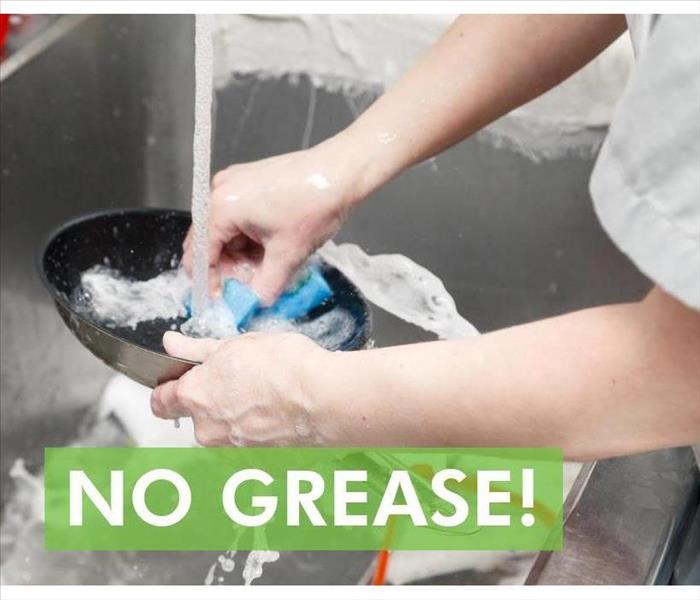Flooded With Sewage Smells: What To Do When You Have a Sewer Backup
9/10/2019 (Permalink)
When flooding strikes your home in Middlefield, OH, it can do a lot of damage. This is especially true if the flooding includes sewage loss, such as a broken pipe, a toilet backup, or sewer overflow. Not only do you have to deal with the water, you have to deal with the unpleasant sewage and odors – and possibly mold growth – that come with the water.
Causes of Sewer Backups
Flooding from sewer backups can be caused by many things:
- Tree roots
- Backflow valve malfunction
- Grease buildup from pouring grease down the drain
- Improper disposal of paper products
- Aging sewer systems
- Combined pipelines
- Sanitary main blockages
Dealing With Mold
Where there is flood water, there is the potential for mold growth. Mold can make your house smell musty. To prevent this growth, the water must be dealt with immediately by opening windows and bringing in humidifiers and fans. After professional clean up and restoration, you will want to check areas where mold is likely to grow, especially if you notice a musty smell in your home.
Combating Sewage Odors
When it comes to dealing with sewage, you should hire an expert because you are not only dealing with water but also bacteria. The affected areas need to be disinfected and deodorized. You will also need to look at your personal belongings, including rugs and curtains, to ensure that they are disinfected and deodorized properly.
Preventing Future Problems
Although you cannot control or fix every potential cause, you can do a few things to prevent another flood from sewer backups:
- Trim tree roots periodically.
- Test your backflow valve once a year.
- Properly dispose of grease and paper products.
By using these preventative measures and acting quickly when a flood does occur, you can protect your home in Middlefield, OH, from mold growth and bacteria caused by flood water. When a flood does strike, contact an expert to help you effectively restore and deodorize your home.






 24/7 Emergency Service
24/7 Emergency Service
